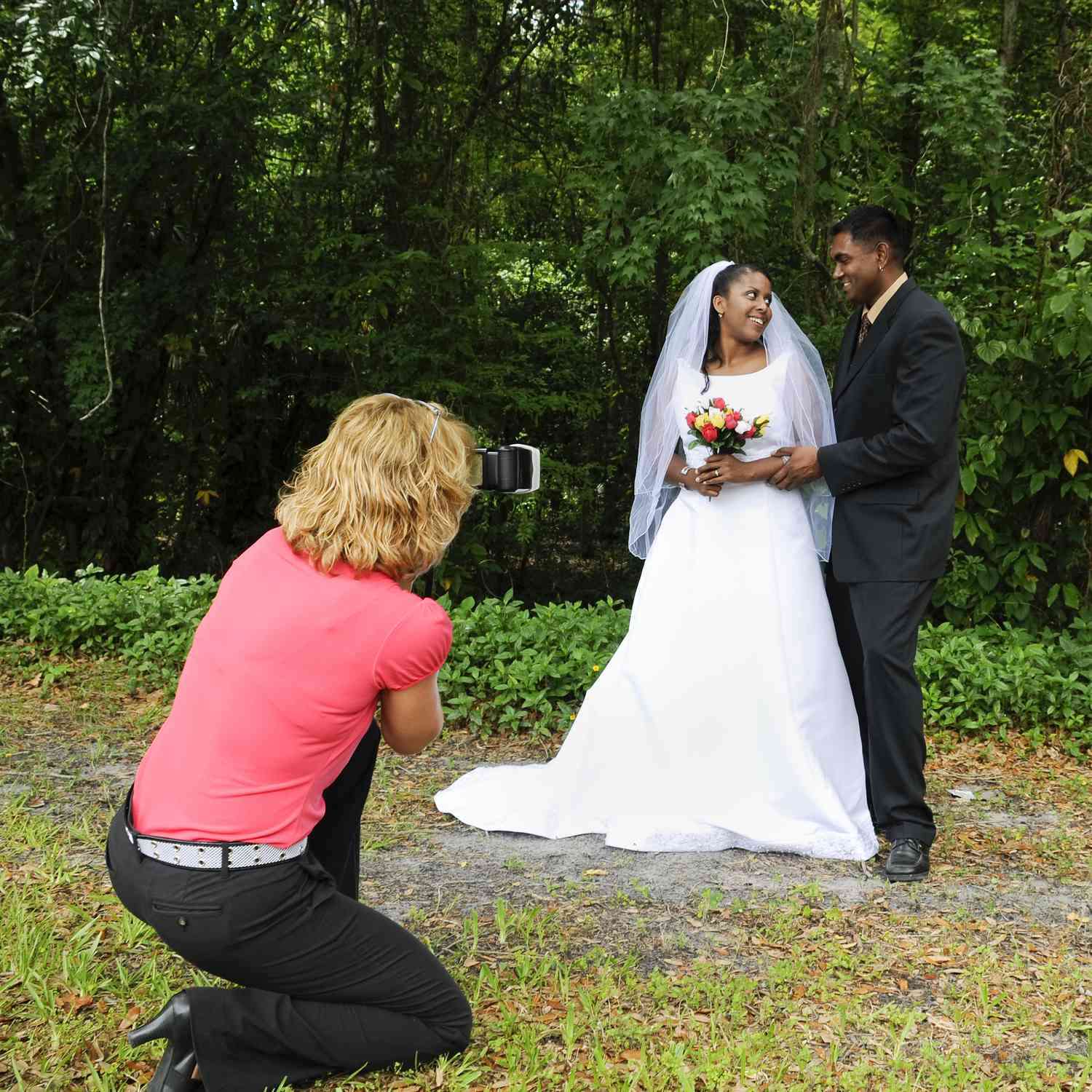How to Inquire About Wedding Photography
The initial conversation you have with a photographer can reveal so much about them and the relationship you might have with them. It’s important to ask the following questions to ensure that you are making an informed decision!
https://www.rawstudioparis.com/
Make sure they are available on your date. You don’t want to waste your time or theirs!
1. What is your pricing structure?
A photographer's pricing structure can vary based on many factors. This includes their experience, level of expertise, event guest count, and geographic region.
Inquiring about their pricing will give you a better understanding of their business practices and allow you to determine whether or not they are the right fit for your wedding day.
Asking about their pricing structure will also help you avoid surprises on your wedding day. Some photographers offer all-inclusive packages, while others may have a base fee and charge a la carte for prints or albums.
Inquiring about their photography style is another important question to ask. If their aesthetic doesn't align with your vision, it's unlikely that you'll be happy with their work.
2. What do you offer?
When you're planning your big day, having a clear understanding of the investment you'll be making in your vendors is key. Find out what their starting price range is before meeting with them so you're on the same page when it comes to budget.
It's also important to ask how many hours they typically shoot per wedding and what is included in their packages. Some photographers will only be with you for a few hours, but others will stay until the end of your reception to capture the entire event.
It's a good idea to get all of this information in writing so there are no surprises down the road. Also, if you're having a destination wedding, be sure to find out if they will include any travel expenses such as petrol and overnight accommodation.
3. What is your turnaround time?
Once you've found a photographer whose style you love, do your homework and find out if they're available for your wedding date. This is also a good time to ask about pricing. You want to be sure that their starting prices fall within your budget so you don't waste any of your time or theirs pursuing a partnership that won't be financially viable.
Turnaround time refers to how long it will take for the photographer to deliver the photos to you after your wedding day. There are a lot of things that can influence this, but it's important to know so that you can plan accordingly.
It's also worth finding out whether the photographer works best with or without a shot list and whether they will be the primary shooter at your wedding.
4. Do you offer albums or prints?
It’s helpful for photographers to offer albums because it gives clients a physical product that they can cherish and share for years to come. They can also use their album as a sales tool, showcasing the quality of their work and offering options for colors and cover alternatives.
It’s important to know if your photographer offers this service, as it can be a huge difference in your wedding experience. If they don’t offer this, you might want to consider hiring someone else who does.
Ask your potential photographer to provide you with real client testimonials. This can give you insight into how they handle the expectations of their clients and what their client experience is like. It’s also great to hear if they have a backup plan in case something goes wrong on the wedding day.
5. What is your turnaround time?
Aside from the day-of details like what kind of photos you'll get and if they include an engagement session, you'll want to know how long it will take to receive your full gallery. Many photographers share their edit queues regularly on social media and they should be able to give you an accurate idea of their turnaround time.
The best way to determine whether a photographer's style will mesh with your wedding vision is to see their work. Ask to see a collection of full galleries from real wedding days, rather than just styled shoots or highlight reels. This will allow you to see how they handle a variety of lighting conditions, from dimly lit receptions to golden hour portraits. It also shows that they're flexible and can adapt to any situation.
